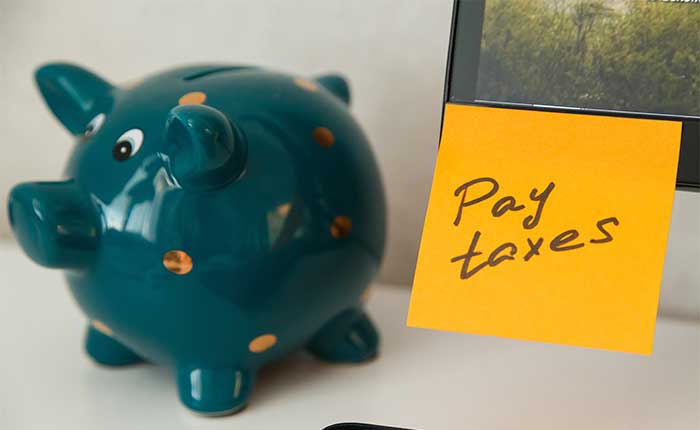The original deadline for self-assessment tax return filing may have been and gone. But with some 5.7 million people failing to file their 2020/21 tax return by this cut-off date, recent news from HM Revenue & Customs (HMRC) may be a welcome relief for many self-employed professionals.
January’s self-assessment filing deadline has been extended
HMRC recently announced that it would be giving the millions of people who haven’t filed their tax return this year more time to do so. The deadline has been moved from midnight on 31st January 2022 to midnight on 28th February 2022 to give late filers the breathing space to submit their returns without added stress.
The continuing impact of the Covid-19 pandemic is the primary reason why HMRC has chosen to make this last minute change to their self-assessment schedule. The non-ministerial department stated that it “recognised the pressure” faced by individuals and businesses during the pandemic.
Late filing penalties have been postponed too
In previous years, late filers would have to pay penalties of at least £100, with fees automatically applied to their accounts after the usual 31st January deadline had passed.
With the deadline extended however, HMRC has confirmed that the late filing penalty has been suspended temporarily also. Those submitting their tax return via self-assessment must however file their return by the new deadline to avoid automatic late filing penalties.
You have until 1st April to settle your tax bill
Self-employed professionals have more time to file and pay. Whilst usually the deadline for payment is the same as the filing deadline, you’ll have until 1st April 2022 to settle your tax bill.
You must settle any unpaid tax in full by this date. Alternatively, you can set up a Time to Pay arrangement to spread the cost of your tax bill with more manageable monthly repayments over a period of 12 months. You can find out more about HMRC’s Time to Pay service here.
Late payment penalties, equivalent to 5% of the unpaid tax bill, are also suspended until this date. If your outstanding tax remains unpaid past this revised deadline, interest will be charged as usual from 1st February 2022.
Need help filing your tax return?
You don’t have to handle your self-assessment tax return alone. Our accountants are here to support and advise you as the new self-assessment filing and payment deadlines approach. Contact us or arrange a call back today to discuss your requirements.



